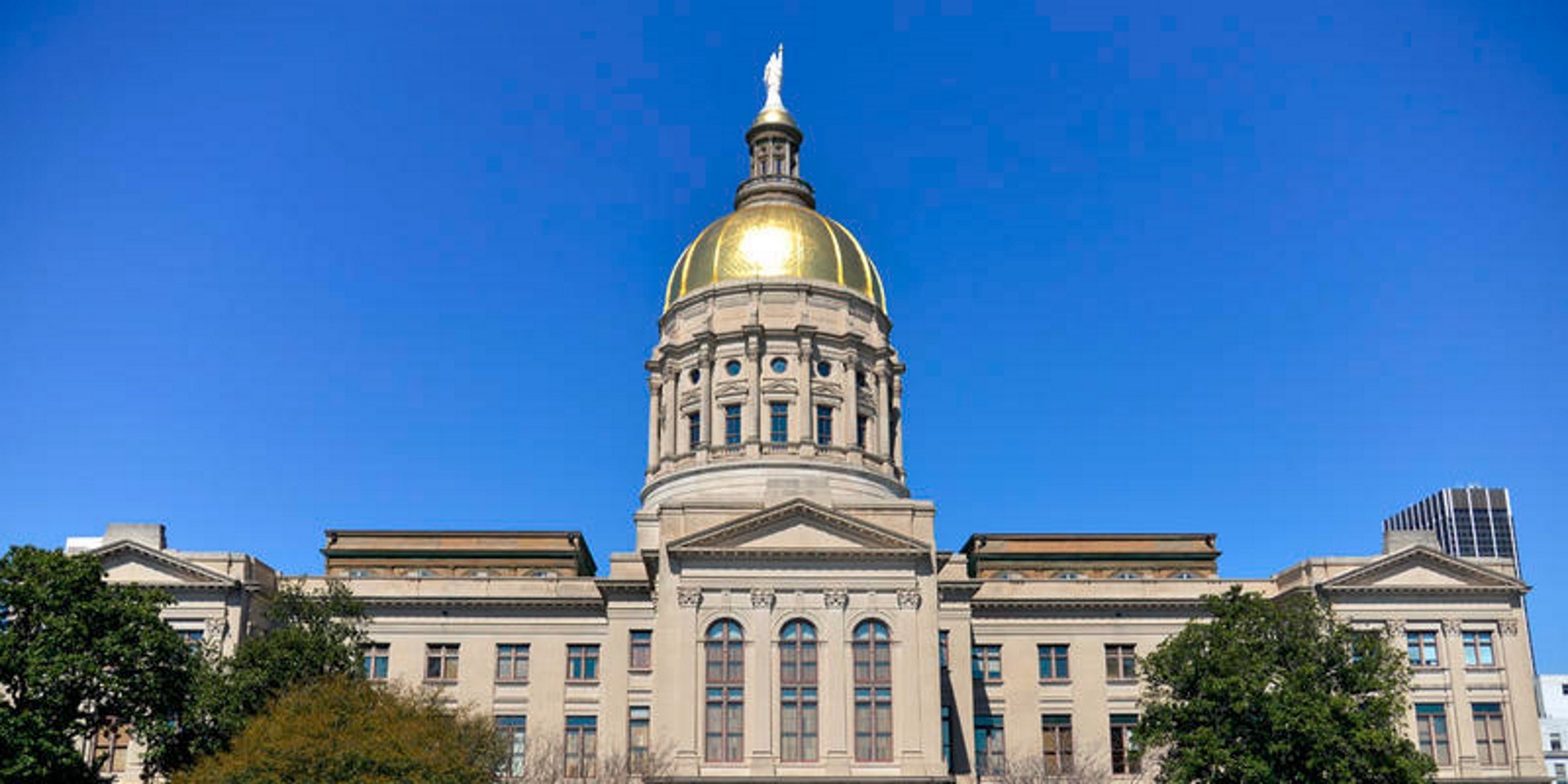When Nadia Bassirnezhad found out that she’d been selected to interview for a chance to get a visa to come to the United States, she felt like she hit the jackpot.
She was 29-years-old at the time and had dreams of attending Georgia Tech to study architecture. She also has relatives in Georgia.
The United States severed diplomatic relations with Iran more than 40 years ago. Because there’s no U.S. Embassy in Iran, she had to spend money to travel to Armenia to be interviewed.
Now 32-years old, Bassirnezhad is still in Iran. She never got the chance to come to Georgia because of a travel ban placed on Iran.
“That was unfair, and we need to have another chance,” she says.
Some Iranians with hopes of heading to Georgia under the Trump Administration had their visas canceled. Now they’re calling on the federal government for a remedy.
We didn’t think we’d be affected by the Muslim ban.”
President Biden rescinded Trump’s ban that restricted travel from several majority Muslim countries. He referred to the ban as a “stain on our national conscience.”
But some selected under the Trump Administration to begin the process of obtaining a visa still can’t come to the U.S.
“What it meant for Iranians is that those that won the lottery in 2017, 18 and 19 were essentially shut out of the lottery,” says Charles Kuck, a Georgia-based attorney at Kuck Baxter Immigration.
Millions of people apply for a chance to get one of the tens of thousands of visas issued yearly. Many call it a “once-in-a-lifetime” opportunity.
Congress established the visa lottery in 1990. The number of visas issued is limited to 50,000 every year. “Winning” the lottery doesn’t guarantee a recipient a visa; it just grants the person an opportunity to apply. For example, for the 2018 program, there were nearly 14.7 million entries around the world for one of the 50,000 visas available. Those who ultimately get a green card are chosen randomly by a computer.
“It is truly a lottery,” says Kuck. “Just like you can go to the 7-Eleven and buy a lottery ticket to play.”
Fahimeh Azarpira, 53, says she’s applied for the green card lottery 15 times before being selected in 2019. This time around, she hoped to head to Georgia in order for her daughter to attend college in the state. Her husband, a pistachio farmer, wanted to start a business in Georgia.
“We thought we were eligible,” said Azarpira through a translator. “We didn’t think we’d be affected by the Muslim ban.”
But the travel ban prevented her from coming. She spent thousands of dollars on travel, the visa process and hiring a lawyer for her denial.
Affected selectees of the program who still want to come to the U.S. will have to re-enter the lottery.
A statement from the U.S. State Department in March read, “F.Y. 2017 – F.Y. 2020 Diversity Visa applicants who were not issued visas are statutorily barred from being issued visas based on their selection as Diversity Visa applicants in those fiscal years, as the deadlines for visa issuance in those fiscal years have expired.”
The American Civil Liberties Union has filed lawsuits against Trump’s travel ban and has called the ban discriminatory. The organization also says that it’s unacceptable that the Biden Administration won’t do anything for past winners. “Instead of restoring this opportunity, President Biden just dusted off Trump’s ‘CLOSED’ sign and locked the door behind him,” the ACLU said in a statement earlier this year.
According to Kuck, though many are calling on the Biden Administration for a fix, Biden can’t change the law. “The lottery is over,” he says.
But he says Congress can introduce a bill that would honor past selectees a chance to get a visa. Kuck doubts, however, that there will be movement in Congress to help past winners.
Even with the time and money both Bassirnezhad and Azarpira spent, they’re banking on eventually winning the diversity lottery visa. Both have applied twice since being denied.
They both believe that Biden should let past winners into the country. They want their chance back to be able to come to the United States.









